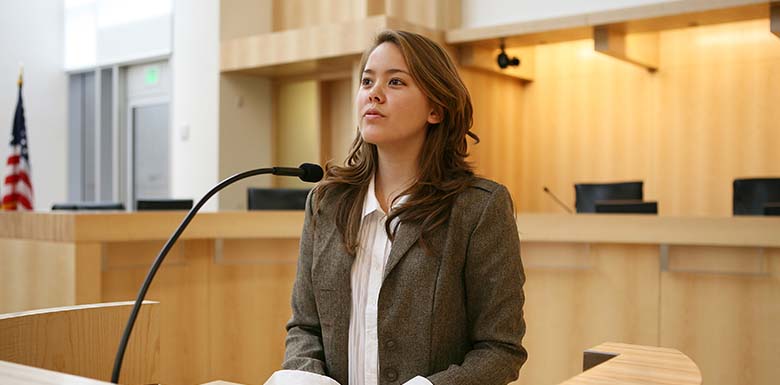January 19, 2023
Can You Compel Someone to Testify in a Personal Injury Case?
By Jonathan Damashek
Posted in

You may rely on eyewitness testimony to support your case when you have suffered critical injuries or damages in an accident or incident caused by someone else’s negligence.
However, when witnesses may be unwilling to testify on your behalf, it could hurt the outcome of your case. Despite this, there are still ways to get a witness to testify on your behalf.
What is a Subpoena?
A subpoena is a court order to provide information or disclose documents in court or at trial. Witnesses to personal injury accidents, events, statements, and other evidence can be compelled to testify through a subpoena. Several types of subpoenas exist, including:
- Subpoena to testify where the witness must testify at trial
- A subpoena for records where a witness may be required to provide the court with specific documents
- An information subpoena, which requires the witness to provide particular information to the court
Failure to comply after receiving a subpoena for a personal injury claim could result in the witness being found in contempt of court, which could carry jail or prison time, fines, and other penalties.
Who Could Get Subpoenaed?
Any witness to a personal injury accident, event, or incident could be subpoenaed to testify. If the witness is unwilling to appear voluntarily, you can request the court to issue a subpoena to obtain their testimony on your behalf. Some parties commonly subpoenaed for personal injury claims include:
- Law enforcement officials
- Fire department officials
- Bystanders
- Hospital staff members
However, expert witnesses cannot be ordered to testify via a subpoena.
How Much Do Subpoenas Cost?
Subpoena requests cost $15 per day. You must also cover their transportation costs if served outside the City of New York, which amounts to $.23 per mile.
Failure to pay the witness fee could put your witness testimony at risk.
When Does the Subpoena Have to Be Served & Who Can Serve It?
Subpoenas to testify are served in person; it should be done so with enough time for the witness to prepare their testimony, information, or documents. You could serve the subpoena to someone other than the person being subpoenaed where the person resides, also referred to as substituted service.
You can also leave the subpoena at the witness’s home or business if you previously made a minimum of two attempts to serve your subpoena. This is commonly referred to as conspicuous service.
Personal and confidential subpoenas are served via certified mail.
Contact a Personal Injury Lawyer at HKD for Help Today
When your case requires the statements of bystanders or witnesses who saw the accident that caused your injuries, your attorney may need to file a subpoena. Get help with every step of the personal injury claims process so you can focus on recuperating from your injuries.
Reach out to our team of dedicated New York personal injury attorneys at Hecht, Kleeger & Damashek, P.C. for a no-cost, risk-free consultation today. You can reach us by phone at (212) 490-5700 or through our quick contact form to get started.